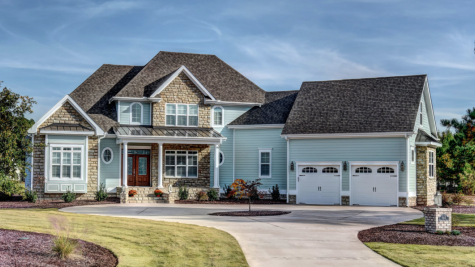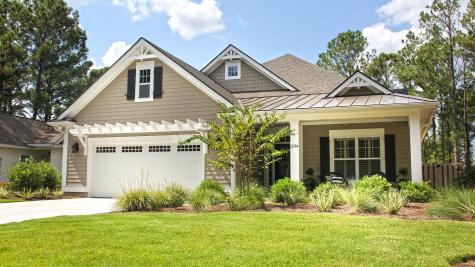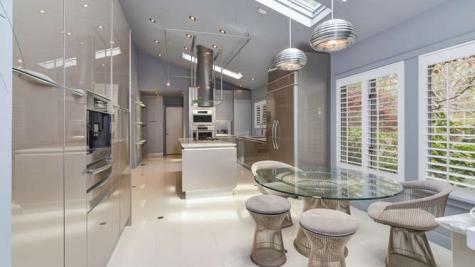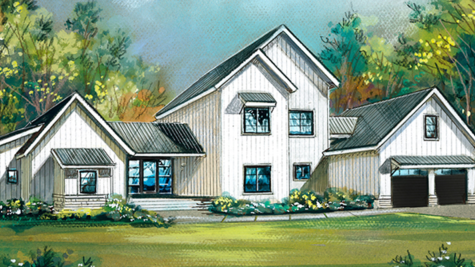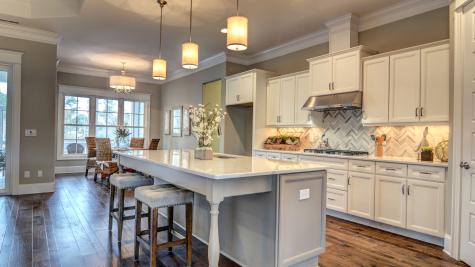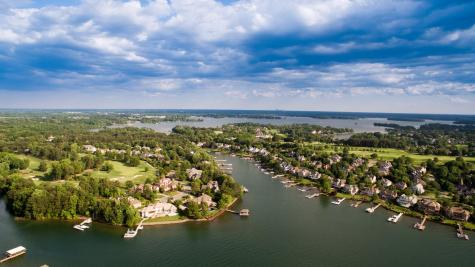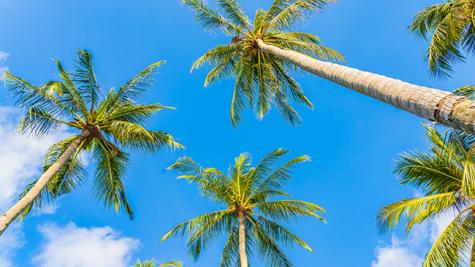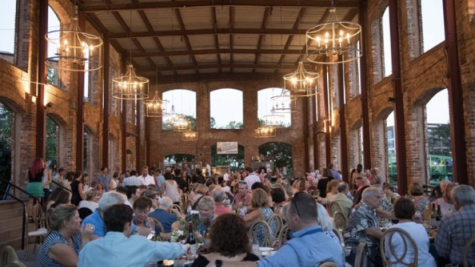Choosing a Hurricane Proof Home
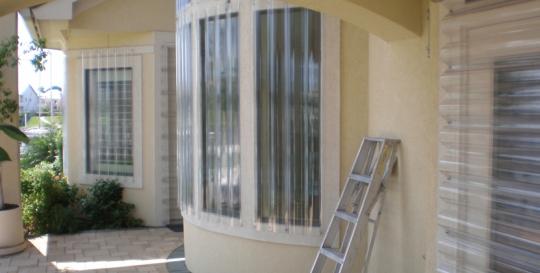
Before fear dampens your decision to buy a coastal home, let me share my take on hurricanes as a 40+ year Florida veteran who’s endured dozens and dozens of hurricanes, from a category 1 to 5 and this week marks the anniversary of Hurricane Andrew and Hurricane Katrina. Both were category 5 storms. Whether we endure a category F5 tornado or hurricane, the damage is devastating and there is not much you can do, except get the hell out of the way.
What you might find interesting to know that over the past 105 years, only 20% of hurricanes become a category 3 or higher. Whether you live in the Midwest, Northeast or Southeast, a destructive tornado, ice storm, or hurricane are possible to encounter. The West Coast has its mix of hazards, spreading forest fires and unpredictable earthquakes. Weather hazards are a part of our daily life, no matter where we live. What we're impressed with is the new building technologies and hurricane resistance products that have been brought into the market protecting coastal homes. In our opinion, we’ve come a long way baby! For example, metal shutters used to safeguard your home placing you in total darkness have been replaced by clear polycarbonate resin panels allowing you to see what’s happening outside. Darkness, silence, and cold showers are the biggest complaints here in South Florida, after our homes are boarded up and we lose power.
Below is a list of things to look for when choosing a coastal home in a hurricane prone area:
- AVOID BUYING HOMES IN LOW LYING AREAS OR BUY AN ELEVATED HOME. Even in the flat lands of Florida, streets in any given neighborhood can vary as much as five feet in elevation, from one end of the street to the other. Contact a local home insurance agent and ask to review flood elevation maps, before searching for your dream home. These maps will reveal which neighborhoods are prone to flooding. Plain and simple, avoid them. This advance research can save you thousands of dollars in damage and the inconvenience of driving through temporary rivers after a storm. If you’re considering buying a beachfront condominium, buy on a higher floor.
- BUY A HURRICANE PROOF HOME WITH HIGH IMPACT HURRICANE RESISTANT GLASS OR INSTALL IT. Many of today’s new coastal homes include high impact hurricane resistant glass as standard features. Not only will these strong windows protect you from a storm, these windows are sound resistant and will save you money with your cooling and heating costs. Here in South Florida, we learned many lessons from Hurricane Andrew. Not only must the windows be high impact hurricane resistant glass, you must secure all of your home’s entrance doors and garage door. A typical aluminum garage door can be destroyed by category 3 storms or higher, exposing your interior garage door and all your emergency supplies. Air leaks coming through these door areas add pressure to your roof and can literally blow the roof off your home. Ask your home insurance agent about the most proven ways to secure your garage door and entrance doors during hurricanes. Protect your windows and doors.
- BUY A HURRICANE PROOF HOME WITH A HURRICANE RATED ROOF SYSTEM OR INSTALL IT. The busiest five year hurricane season of the century was in the mid 2000‘s and took down thousands of roofs across Florida. The result, amazing hurricane resistant roof systems and new roof designs were developed. Although aesthetically pleasing, metal roofs are more than the latest coastal home trend. From what I’ve learned, metal roofs perform better than asphalt and concrete-based roofs in hurricane winds. Why do metal roofs perform better? According to Metal Roof Network, there are three reasons 1) They're the stiffest, hardest, most durable and still the lightest roofing material you can buy. 2) And because they're mechanically fastened to the deck of a structure, they don't rely on their weight (hello, concrete tiles and shakes) or adhesives that deteriorate in the sun (asphalt composition shingles, anyone?) to stay put. 3) Plus, most metal roof systems are tested to meet and exceed Dade County hurricane specifications - the most stringent in the country.
- HARD WIRE AN EMERGENCY GENERATOR INTO YOUR ELECTRICAL PANEL, IF POSSIBLE. One of the biggest inconveniences about living through a hurricane is the lack of power. This could last for hours, days, and even weeks. Food spoils, cold showers are dreaded and the hot summer nights are unpleasant without air conditioning. Under certain conditions, emergency generators can be hard wired into your electrical panel allowing you to flip a switch, to turn on the generator. This does not mean your home’s electrical systems will be 100% up and running. Based on the electrical capacity of the emergency generator, you can choose which appliances you want connected such as your refrigerator and a portable air conditioner. Emergency generators run on fuel, so you must have fuel on handle to run a generator.
- AVOID HOMES WITH OBVIOUS EXTERIOR HAZARDS OR REMOVE THEM. Buying a hurricane proof home which has a 75 foot tree 10 feet from your roof is not a smart idea in Florida. You may have done everything right in preparing your home from hurricane winds but if the hurricane Gods are not in your favor, that 75 foot tree may come tumbling down into your living room. Carefully analyze the exterior surrounding of your home and eliminate hazards.
The list could go on and on. Here in Florida, we take precautions and heed the National Hurricane Center’s instructions. The world doesn’t end because of hurricanes. The height of the hurricane season is short lived and the odds of the eye of the storm directly passing over your head if you live in Florida, Georgia, or the Carolina’s is low. Ease your mind and stock the odds in your favor by choosing a newer hurricane proof home or build one and of course, insure yourself properly.
